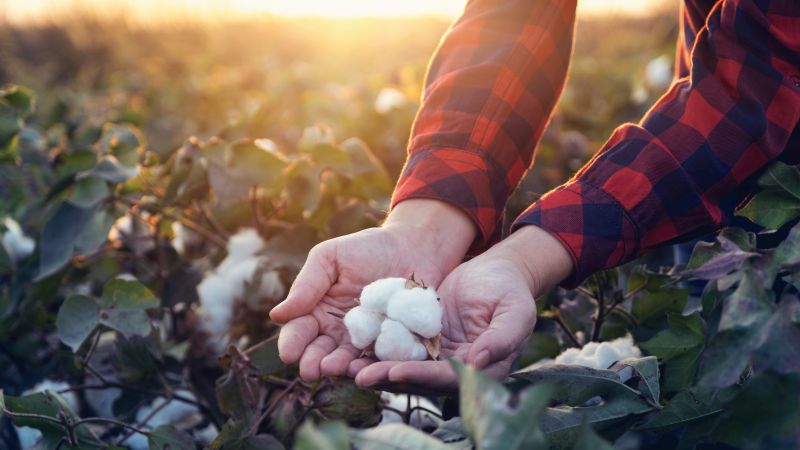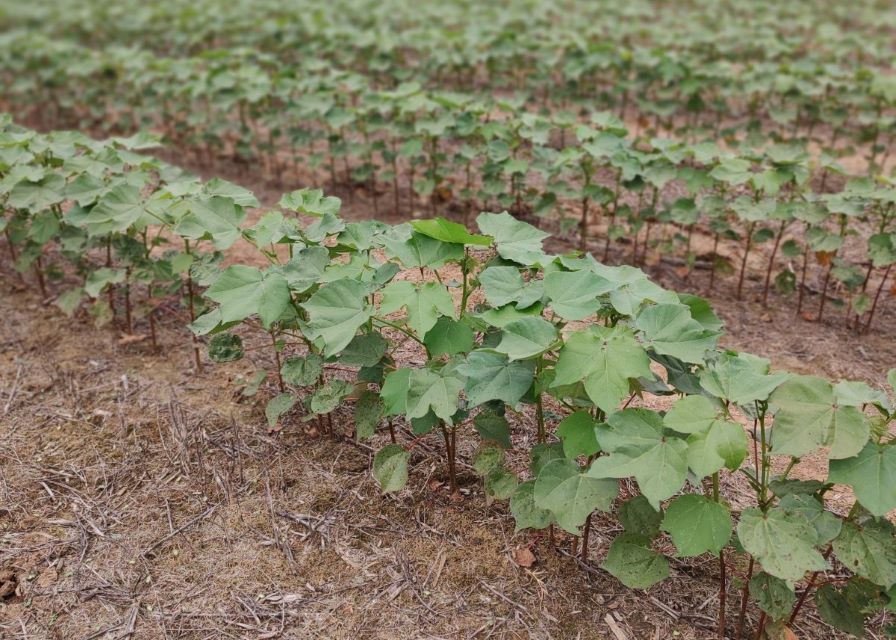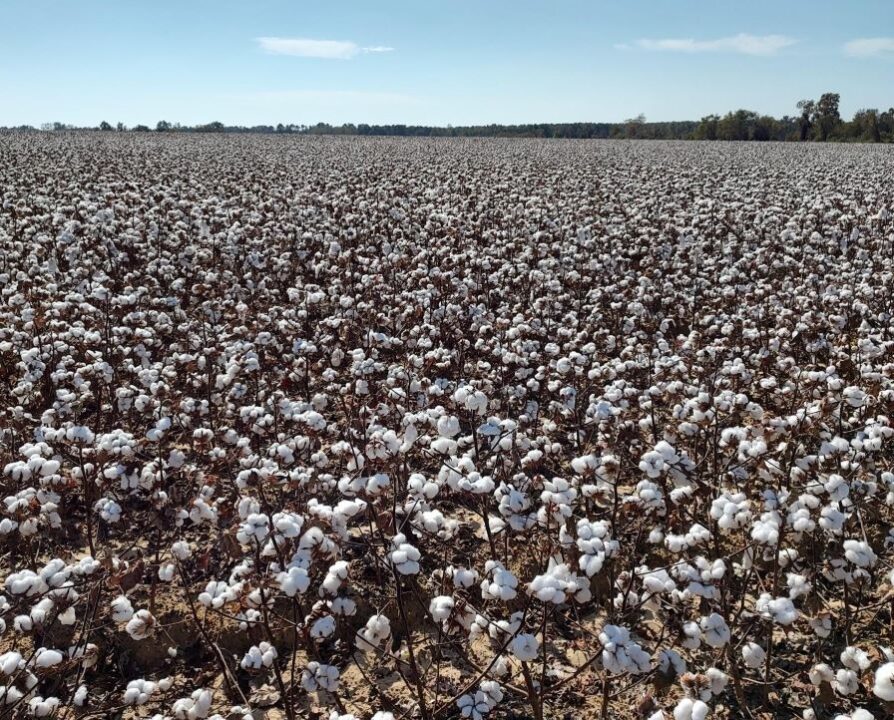Rethinking Cotton Subsidies
U.S. cotton subsidies have come under intense scrutiny on the international scene recently, with the governing body of the World Trade Organization issuing harsh rulings against U.S. programs.
The prevailing theory, it seems, is that cotton subsidies only impact rich farmers who need the financial assistance the least. One fact that’s often overlooked in that argument is that cotton is traditionally produced in the poorest regions of the country.
“We’re seen as a rich country that has it all,” says Mark Williams, the 2010 recipient of the Cotton Grower Achievement Award. “In their minds, we subsidize to the detriment of poor farmers in Africa.”
But recent data from a trustworthy source does much to refute the international mindset. The Associated Press Economic Stress Index, which is a monthly analysis of the economic condition of over 3,000 U.S. counties, suggests that cotton subsidies have provided a much needed prop to what are traditionally the poorest areas of the country during the recent economic upheaval.
As one report from BusinessWeek.com summarizes, the top 50 cotton-growing counties – most of which are among the country’s poorest – have endured economic stress at almost exactly the same pace as the rest of the country during the financial recession. Meanwhile, poor counties in non-cotton producing regions have endured stress at times of three-times that magnitude.
Four of the nation’s top 50 cotton-growing counties reside in Missouri’s Bootheel region, and each has a per capita income that is 30% lower than the U.S. average. Each of those counties is also heavily dependent on cotton.
But traditionally poor New Madrid County, for example, actually maintained a healthier economy last November than what was the national average. Nearby, Stoddard County persevered at the same pace of the national average.
The most telling attribute of the index is that it highlights the economic stability of the entire county, which reflects on the importance of cotton on the entire economy in areas where the crop is grown.
“If we make the money, we’re going to spend it,” said Rick Faulkner, a New Madrid, MO, cotton producer, in the BusinessWeek.com story. “We’re not going to hoard it up and save it. We just don’t do that.”
For an interactive look at where the economic recession has hit Americans the hardest, visit http://hosted.ap.org/specials/interactives/_national/stress_index/index.html.









